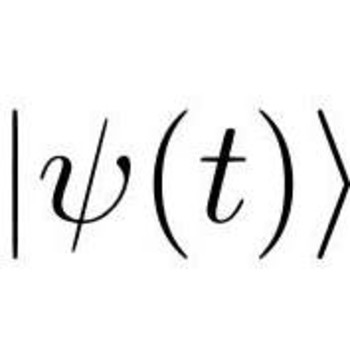N is a two-digit positive even integer where the sum of the digits is 3. If none of the digits are 0, what is N?
2 Answers
Explanation:
If
But since none of the digits are
12
You can get this quite easily through just thinking about it, but I'll demonstrate an algebraic approach.
Explanation:
If
Think about it - every 2 digit number is 10 times something (your 10s digit) plus another number.
We also know that
where
We know that we are looking for
We can use a graph to find all the solutions that satisfy our previous limits on x and u.
graph{x+2y=3 [-0.526, 3.319, -0.099, 1.824]}
The only integer solutions in this range are

